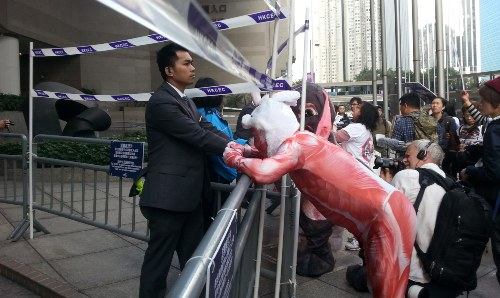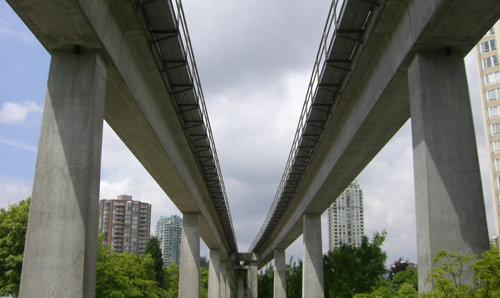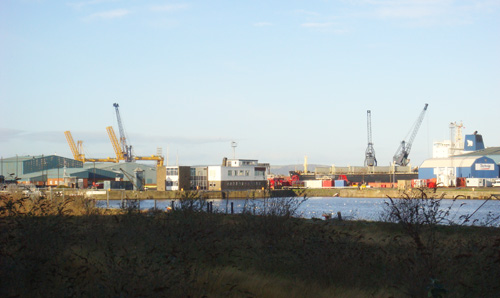
Cities, Politics and Economies (CPEG)
Cities, Politics and Economies (CPEG) brings together scholars working at the interface of urban, political, economic, and social and cultural geography.

Drawing on Manchester Geography’s international reputation for agenda-setting research, the group provides a forum to explore, analyse and address contemporary political, economic and urban challenges.
The group also forms a core part of the Manchester Urban Institute (MUI).
From analysing the construction and performance of diverse identities, territories and economies, to the nature and mobility of policy and politics, the effects of austerity, injustice and inequality, and the imagination of alternative, sustainable, and socially just futures, the group develops original understandings of how cities, economies, and political practices are assembled, mobilised, mediated, contested and governed.

The group is focused on organizing and participation in international workshops, departmental seminars and the development of research collaborations through peer review of each other's work, writing retreats, research presentations and discussions of research challenges.
The group also aims to promote postgraduate research across the University and to strengthen our community of scholars, for instance through an annual postgraduate forum.
The research synergies developed by CPEG form a key part of the MUI, drawing together expertise in critical urbanism and urban research from across the University.

The research developed through the research group also complements the University’s wider expertise in global production networks, consumption, political theory, and everyday life. Members of the group collaborate extensively with national and international colleagues, and our work has been supported by, among others:
- Arts and Humanities Research Council (AHRC);
- British Academy;
- Department for International Development (DFID);
- Economic and Social Research Council (ESRC);
- European Commission;
- European Research Council;
- Independent Social Research Foundation (ISRF);
- Joseph Rowntree Foundation;
- Leverhulme Trust;
- National Research Foundation of Korea;
- Urban Studies Foundation.
Our research
Themes
- Everyday life geographies of austerity, creativity, and sustainability
- Geographies and political economies of public health
- Geographies of migration and mobility, including mobilities of policy, people, and finance
- Geographies of social justice, equality, and rights
- Interactions between identity, space and culture
- Political economy at varying spatial scales, including labour relations, Global Production Networks, and resource geographies
- The changing nature of urban life, urban politics, and urban policy
- The development of innovative qualitative methodologies (life histories, walking interviews, and family ethnographies)
- The politics of sovereignty, devolution, and urban and regional governance
Projects
- Austerity and Altered Life-Courses: Socio-Political Ruptures to Family, Employment and Housing Biographies Across Europe
- ENGAGER
- Geographies of dissociation: The social construction of value from a spatial perspective
- Geographies of Muslim women and the UK cultural and creative economy
- Governing green infrastructure
- Imagining urban futures programme
- Mobilizing austerity: The urban politics of public health after the global financial crisis
- HOME
- POWERTY
- Redefining education for a social solidarity urban economy
- Social Sciences Korea (SSK) research project on post-developmental urbanism in East Asia
- STEP IN
- The Candlelight Revolution and the postdevelopmental state
- Transatlantic travels
- Urban Crisis: Public Health at the Intersection of Economic & Social Change
Our people
Academic staff
- Elizabeth Ackerley
- Amy Barron
- Joe Blakey
- Stefan Bouzarovski
- Alison Browne
- Alison Briggs
- Jamie Doucette
- James Evans
- Aurora Fredriksen
- Sarah Marie Hall
- Caitlin Henry
- Martin Hess
- Ross Jones
- Matina Kapsali
- Santiago Leyva del Rio
- Jess Linz
- Nate Millington
- Nathaniel O'Grady
- Nerea Okong’o
- Saska Petrova
- Laura Pottinger
- Erik Swyngedouw
- Cristina Temenos
- Mark Usher
- Kevin Ward
- Saskia Warren
- Yawei Zhao
PhD students
- Poppy Budworth
- Manon Burbidge
- Olga Chumicheva
- Sebastian Gonzalez
- Lauren Greehy
- Samir Harb
- Denise Heller
- Ben Knight
- Ana Lambert
- Arielle Lawson
- Jinsoo Lee
- Tianshu Liu
- Dongyang Mi
- Graeme Moore
- Yulia Kulynych
- Sotiria Kyriakidou
- Sawyer Phinney
- Harry Quealy
- Madeline Routon
- Alistair Sheldrick
- Thomas Van Laake
- Fredrik Weisser
- Yihan Yan
- Xiaowen Zhan
- Yuqi Zhao
- Yong Zhang
